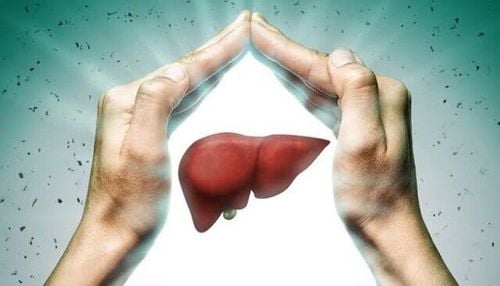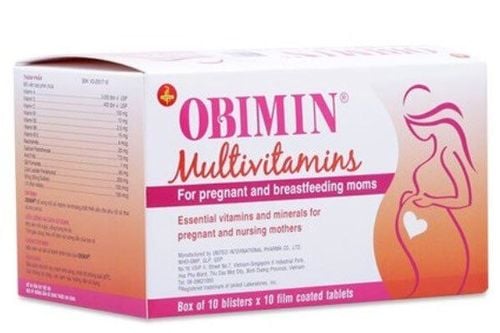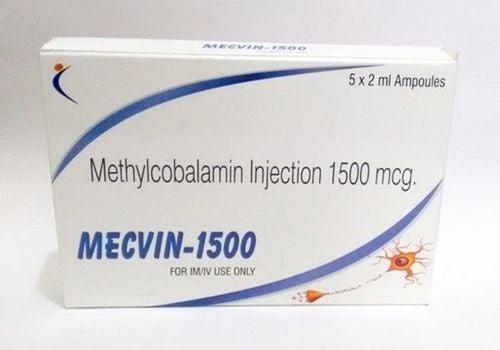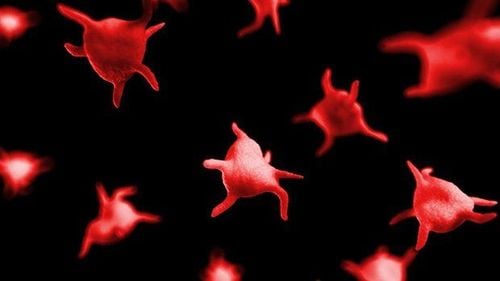Oysters are a type of mollusk that primarily live in saltwater areas. They play an important role in the ecosystem and provide a habitat for other species. Moreover, oysters are considered a nutritious food; however, you should eat them in moderation and prepare them properly to maximize the health benefits they offer.
1. Nutritional Value of Oysters
Oysters are typically eaten raw with a few drops of lemon juice squeezed on top. The nutritional content of oysters seems to be minimally affected by any cooking or preparation methods.
In 6 medium-sized oysters, you will find the following nutrients:
- Calories: 50
- Fat: 1 gram
- Protein: 6 grams
- Fiber: 0 grams
- Carbohydrates: 5 grams
Raw oysters are also a rich source of several important vitamins and minerals, especially vitamin B12, which is very beneficial for brain health. Other micronutrients found in oysters include:
- Iron
- Vitamin D
- Copper
- Zinc
- Magnesium
- Manganese
- Selenium
Many people wonder if eating oysters every day is good for you. In fact, oysters are low in calories but very nutrient-dense, containing healthy fats, vitamins, protein, and minerals. It is estimated that a 100-gram serving of oysters will provide more than 100% of the Recommended Daily Intake (RDI) for zinc, copper, and vitamin B12, and more than 75% of the RDI for selenium and vitamin D.
Additionally, oysters are a rich source of omega-3 fatty acids—an essential polyunsaturated fat that plays a crucial role in the body, such as regulating inflammation and protecting heart health. People who follow a diet high in omega-3 fats may have a lower risk of diseases like type 2 diabetes and heart disease compared to others.
2. Potential Health Benefits of Oysters
Is eating oysters frequently good for you? Recent studies show that oysters, being low in calories and rich in essential micronutrients, make them a healthy food choice for many. The specific health benefits of oysters are closely linked to their abundant micronutrient content.
2.1. Supports and Improves Brain Health
The high content of vitamin B12 in oysters makes them an excellent natural choice to keep your brain healthy. A deficiency in vitamin B12 can lead to cognitive decline, including Alzheimer's disease. Furthermore, it is also associated with many other mental health symptoms, such as depression or suicidal thoughts.

2.2. Preventing Osteoporosis or Bone Loss
Is eating oysters every day good for you? As mentioned earlier, oysters are a rich source of vitamin D, zinc, copper, and manganese. These micronutrients, when combined with calcium, are considered a key factor in slowing down or even effectively preventing the risk of bone loss due to osteoporosis, especially in older women. Furthermore, eating oysters that contain these minerals is more effective in preventing osteoporosis compared to supplements.
2.3. Preventing Selenium Deficiency
Whether eating oysters frequently is beneficial depends on how you consume them. Eating oysters in moderation provides your body with a natural source of selenium, a mineral that the body needs in small amounts to function properly. However, when consumed in excess, selenium can become toxic, while a deficiency in selenium is linked to cardiovascular diseases, cognitive decline, and infertility. Therefore, to maximize the health benefits of oysters, it is important to consume them in reasonable amounts.
2.4. Providing High-Quality Protein
Oysters are a nutritious food, providing a large amount of high-quality protein. They also contain all 9 essential amino acids that your body requires. Adding this source of protein to your main meals and snacks can help promote satiety and effectively support weight loss.
In addition, the abundant protein in oysters helps stabilize hunger by increasing the levels of hormones that promote satiety, such as cholecystokinin (CCK) and peptide YY. Recent studies have also found some evidence to help answer the question, “Is eating oysters frequently good for you?”. Research results suggest that consuming oysters, which are high in protein, significantly enhances weight loss compared to consuming low-fat or high-carb foods. Moreover, they contribute to better diabetes control by lowering hemoglobin A1c levels.
2.5. Powerful Antioxidant Effects
Not only are oysters rich in vitamins beneficial to health, but they also provide a significant amount of the antioxidant 3.5-Dihydroxy-4-methoxybenzyl alcohol (DHMBA), a phenolic compound with very strong antioxidant properties.
In fact, some studies exploring whether eating oysters frequently is good for you have shown that oysters can combat oxidative stress up to 15 times more effectively than Trolox, a synthetic form of vitamin E mainly used to prevent oxidative damage.
Additionally, some experiments have shown that DHMBA from oysters is especially beneficial for liver health, protecting liver cells from damage and death caused by oxidative stress. On the other hand, DHMBA also helps reduce the oxidation of LDL cholesterol (bad cholesterol), which leads to atherosclerosis.

3. Potential Health Risks of Eating Oysters
The information above should help you answer the question of whether eating oysters every day is good for you. While oysters are a rich source of many essential nutrients, they do carry some health risks, especially when consumed raw.
3.1. Eating Raw Oysters Can Cause Food Poisoning
Since oysters are often eaten raw, they are highly susceptible to contamination by Vibrio vulnificus bacteria, which can cause serious and even fatal illnesses. It is difficult to detect if oysters are infected with this bacteria just by looking at them. Severe symptoms caused by Vibrio vulnificus infection usually appear within 24 to 48 hours after consuming raw oysters, and may include fever, diarrhea, shock, chills, nausea, or vomiting.
People at high risk of serious complications from Vibrio vulnificus infection from raw oysters are usually those with cancer, liver disease, and diabetes. The risk is particularly high for people with alcohol-related liver disease. Anyone experiencing food poisoning symptoms after eating raw oysters should see a doctor immediately for prompt treatment.
3.2. Oysters May Contain Other Contaminants
Whether eating oysters frequently is good for you also depends on the quality of the oysters you choose. Some oysters may contain Norwalk virus and enteric viruses, which can cause dangerous health problems. Additionally, oysters may also contain other chemical contaminants, including mercury, lead, and cadmium.
Due to these potential health risks, experts recommend that children, pregnant or breastfeeding women, and individuals with weakened immune systems should avoid eating raw seafood, including raw oysters.
3.3. Other Risks of Eating Oysters
Oysters are a type of seafood that is extremely high in zinc. While this mineral is essential for health, excessive consumption can be harmful.
Eating too many oysters regularly can lead to negative effects on health, including reduced levels of essential minerals like iron and copper, which zinc competes to absorb. Additionally, people with seafood allergies should also avoid eating oysters.

4. Ensuring Safety When Eating Oysters
Since oysters can pose health risks, it is important to be cautious when eating raw oysters. You should purchase oysters from reputable vendors with clear sourcing information. Additionally, cooking oysters before eating them is much safer, as this can eliminate harmful bacteria.
Here are some simple ways to prepare oysters for a nutritious diet:
- Add cooked oyster meat to noodle dishes
- Wrap whole oysters in aluminum foil
- Add oysters to soups or stews
- Fry oyster meat in coconut oil
- Steam oysters and top them with lemon juice or butter
Some tips to consider when buying oysters:
- Only choose oysters with closed shells and avoid those with open shells
- Oysters with open shells during cooking should also be discarded
- Do not cook too many oysters at once in a single pot to ensure they cook evenly
Reference sources: webmd.com, healthline.comPlease dial HOTLINE for more information or register for an appointment HERE. Download MyVinmec app to make appointments faster and to manage your bookings easily.
To arrange an appointment, please call HOTLINE or make your reservation directly HERE. You may also download the MyVinmec app to schedule appointments faster and manage your reservations more conveniently.








